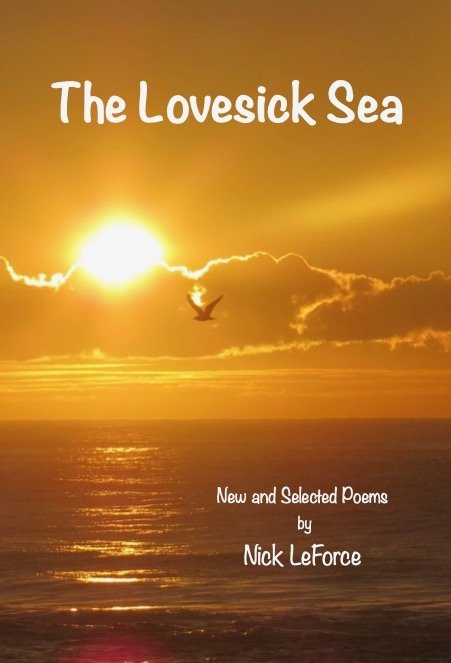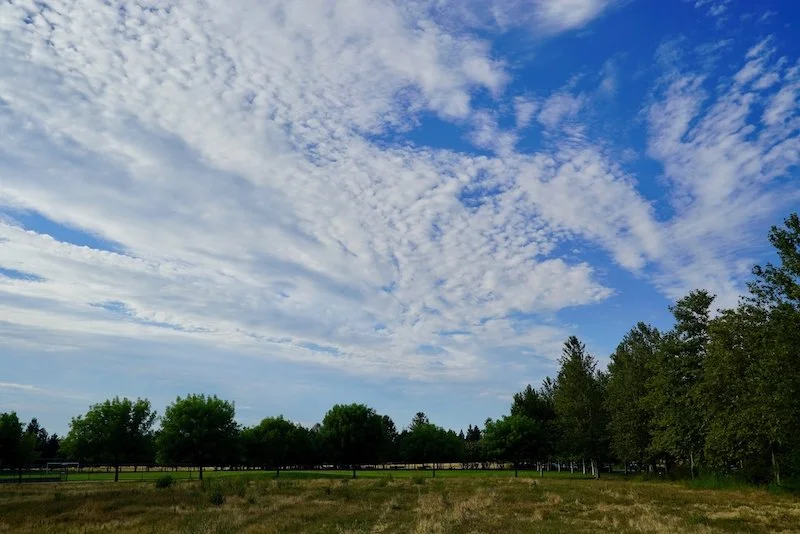Just Be Yourself
/Photo taken at Asilomar Conference Grounds in Monterey, California
“Just be yourself.” This advice, given when someone is facing a challenge or opportunity, advocating that our natural self will win the day, is certainly a vote of confidence in the person, but it is also nearly always useless. The counsel is simply too vague to be useful. It neither tells us what to do or how to be in order to “be yourself.” It implies that this magical accomplishment, just be yourself, should be easy and effortless and, in fact, the most natural thing we could do.
Photo, Prose, and Recital © Nick LeForce
All Rights Reserved
The problem is that our “natural self” is a mixed bag at best, a blend of empowering and limiting beliefs and experiences and a messy mix of worries and wishes. The buddhist tradition, which has a very long history of introspection and “self-examination," even asserts that the “self" is an illusion and doesn’t exist at all. So, how in the world are we going to suddenly just be ourselves in those situations where we believe more is at risk and we are likely under judging eyes.
Natural can have two meanings here: natural can mean the way you are generally, the set point to which you return, and the mix of all the swings and shifts in your mood and performance that make up your daily life. In essence, this is the self we know, the one we berate for bad action and personal flaws and celebrate for our accomplishments and creativity. The problem is that we know our failures and our flaws, we know our weakness and our worse, and this often gets including in the equation when the time comes for us to “just be ourselves."
Natural can also mean an essence inside of us, an essential self, that we are born with and that lives trapped inside, untainted by life, still pure and pristine, and waiting to be set free in the world as we go through our days. If so, this essence is almost always deeply buried under a mountain of life experiences that have shaped how we should be and what is acceptable about us to show or give to the world. Consequently, we humans are the most “unnatural” of all animals with the first 12 to 20 years of our life rearing and arranging us to survive, not so much in the world itself, but among humans.
Every other species seems to have no problem being itself: the lion does not look in the mirror to give itself a pep talk before the great chase, the elephant does not ponder its place in the universe as it sits under the stars smoking a cigarette, and the whale doesn't hire another whale for coaching to break limiting beliefs that prevent it from singing its song. We envy the way animals can be so true to their “nature,” while we do everything possible to defy, and hopefully rise above, our “nature” whatever that may be.
There is now a lot of support and research that suggests what might qualify as “natural” for us: the experience of “flow.” These moments usually occur when we are deeply engaged in an activity that we love to do, and to which we give our all in the moment. Strangely, it is often said that we “lose ourselves” when in flow, in the sense that we merge with our action so thoroughly that we drop the overlay of self-conscious evaluation and judgment instilled in us during socialization. The challenge is that this “natural” state does not occur naturally for us, at least not as adults, and we must work to achieve and re-learn how to access it. This means that we have to work at "being ourselves:” we have to break some of the limiting patterns that we have acquired, drop some of the dis-empowering beliefs we have formed, and engage a process to find what we love, and learn how to express it faithfully and fully in our lives.







